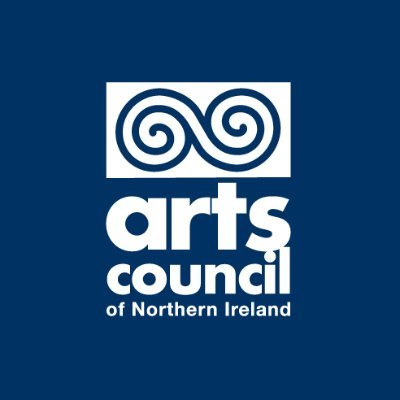The Arts Council of Northern Ireland on 22nd October 2021 published the findings of its survey on the online and digital ambitions of Northern Ireland’s arts and creative sector.
The survey provides a snapshot of current use, including the impact of the pandemic on online audience engagement; and it considers the future needs of the sector and the challenges of realising the potential of the new technologies, including monetising online content.
Chief among the survey findings is that, while digital and online technologies are widely perceived to create exciting new possibilities for artists and organisations to make work, innovate, and reach wider audiences, digital is not seen as a replacement for live, in-person arts.
“The past 12 months has highlighted quite dramatically the absolute necessity of integrating digital technology into, and encouraging digital engagement with, the arts.”
“We must recognise and embrace Digital Technology as an Equality of Access requirement for future generations.”
Key findings:
Engaging with audiences:
- Audiences, especially younger audiences, are engaging differently with the arts, with more art being consumed on digital devices. It is crucial for arts organisations to keep pace with change.
- Social distancing during the Covid-19 pandemic provided the catalyst for many arts organisations to adapt their work for online audiences. There were many notable successes, but also concerns that quality could suffer in the rush to ensure that audiences were engaged.
- The online audience is potentially global; however, this creates new challenges for local arts organisations, attempting to compete in the online arena with worldwide organisations.
- Online content is increasing access to the arts for marginalised communities, people with mobility issues and people living in rural locations.
Monetising Digital:
- Organisations face a number of barriers to successfully monetising digital content, notably staff capacity and persuading audiences to pay appropriately. During the pandemic, paid-for online content generated significantly less income than would have been possible through live in-person ticketed events.
- The two methods of monetisation that show the greatest opportunity for growth are ‘online sponsorship / donation’ and ‘paid content for streaming / online distribution.’
- To date, these methods of monetisation have been used successfully by less than 20% of the organisations surveyed; however, 60% are keen to test this marketplace.
Funding and support:
- Delivering digital content is human resource intensive, requiring specialist skills and additional spending commitments, which is particularly challenging for smaller arts organisations.
- NI arts require investment support if they are to catch up producing high-quality work and competing online with other UK and European regions.
- There is currently a skills gap in NI, with many artists and organisations ‘learning on the job’.
- Provision of specialised training would have a significant impact on the sector’s ability to deliver high-quality digital content and propel their work to greater audiences.
- There is strong support for the formation of digital hubs, providing shared facilities, equipment, skills, knowledge and resources.
Future ambitions:
- 82% of survey respondents believe that digital technology will enable them to distribute their creative content more widely.
- 81% believe that it will generate an additional source of revenue.
- 79% believe that it will improve the quality of their services to audiences.
- With technological changes, exacerbated by the events of 2020, the arts audience has been changing; artists and organisations need to design ahead for the evolving market.
To read the Arts Council’s ‘Digital Ambitions Survey Findings’, click here: http://www.artscouncil-ni.org/images/uploads/publications-documents/ACNI-Digital-Ambitions-Survey-Findings-Report-October2021.pdf
The Art Council’s Strategic Development Department conducts a programme of research and evaluation to provide evidence and intelligence that supports arts and culture organisations to improve their practice and to demonstrate their impact. Designated as a producer of Official Statistics, we produce a range of annual and stand-alone reports to inform art and culture policy and demonstrate alignment to government’s key targets as set out in the Programme for Government. For further information, email: strategy@artscouncil-ni.org
Click Here to Read Full Post on Arts Council of Northern Ireland’s Website
